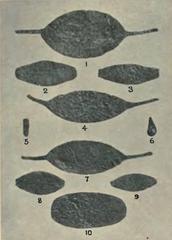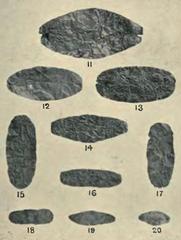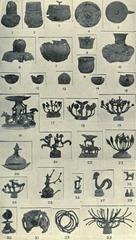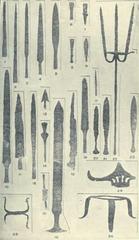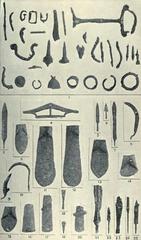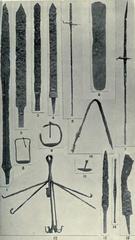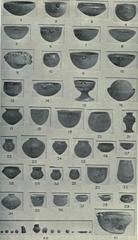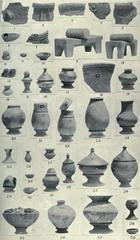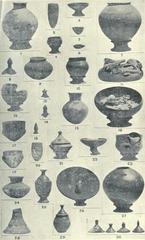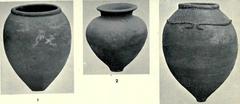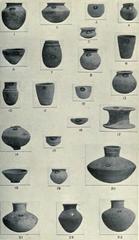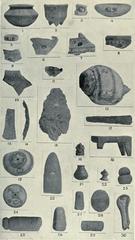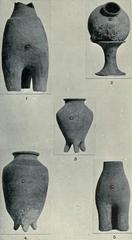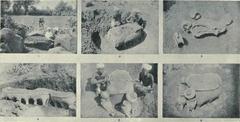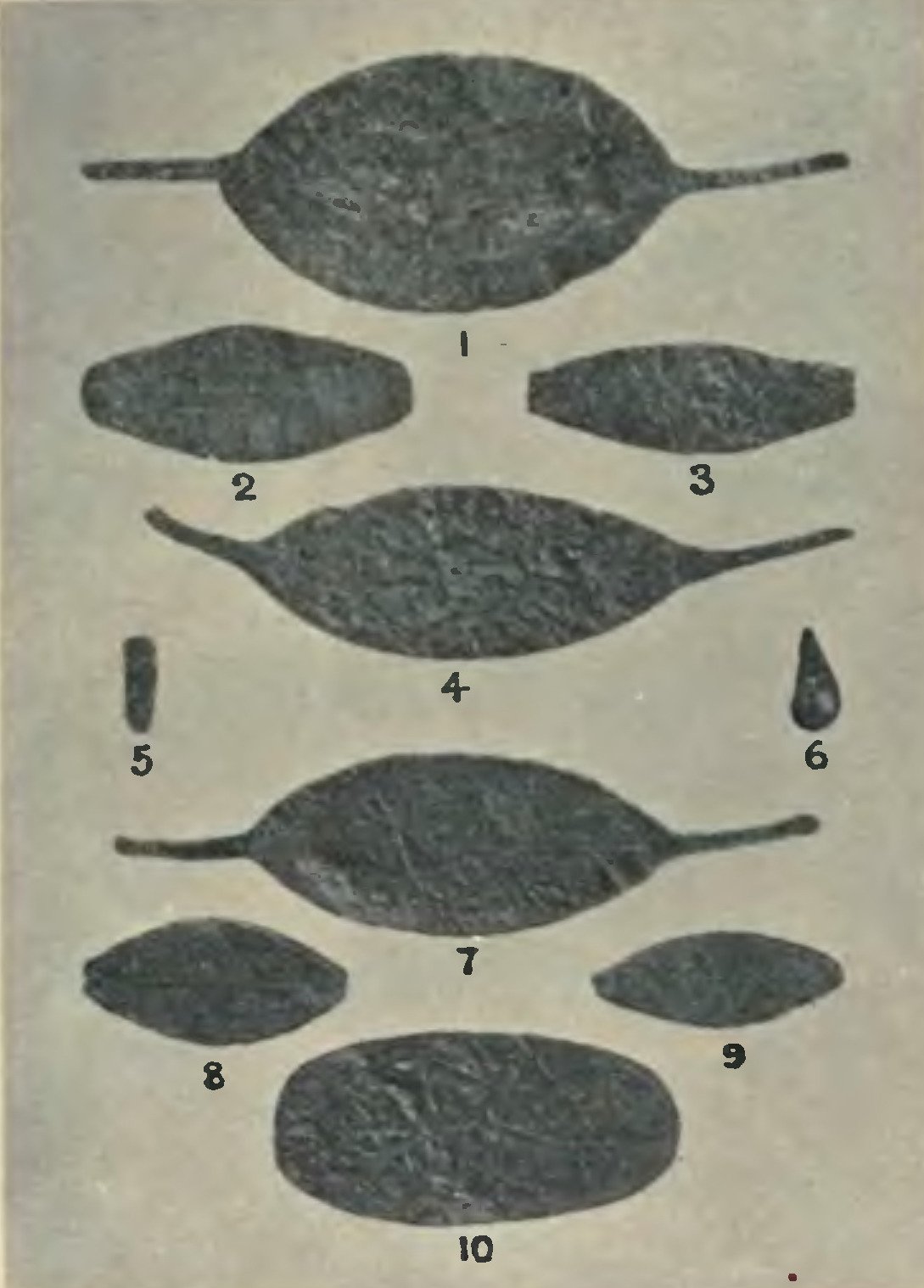
Adichanallur Archaeological Site: Visiting Hours, Tickets & Comprehensive Travel Guide
Date: 14/06/2025
Introduction
Situated along the banks of the Tamiraparani (Porunai) River in Tamil Nadu’s Thoothukudi district, the Adichanallur Archaeological Site is a monumental testament to South India’s ancient heritage. Spanning over 114 acres, Adichanallur is renowned for its extensive urn-burial grounds, advanced iron metallurgy, and artifacts dating back as early as 3300 BCE. This site offers an exceptional window into the Neolithic to Iron Age transition, revealing the social, technological, and cultural complexities of early Tamil society.
Adichanallur is more than just an archaeological marvel—it is a living part of Tamil cultural memory. Motifs on urns, depictions of mother goddesses, and evidence of early trade highlight the site’s enduring influence on regional folklore and religious practices. With modern visitor facilities, an onsite museum, and guided tours, Adichanallur promises a rich, immersive experience for historians, travelers, and culture enthusiasts alike. (JETIR, Frontline, ThePrint, InduQin)
Contents
- Introduction
- Visiting Hours & Ticket Information
- Accessibility & Visitor Amenities
- Historical Background & Excavations
- Early Discoveries
- Modern Excavations
- Key Archaeological Discoveries
- Burial Practices & Material Culture
- Archaeological Significance & Chronology
- Community & Cultural Impact
- Visitor Facilities & Travel Tips
- Frequently Asked Questions (FAQ)
- Visual Guide & Resources
- Conclusion
- Sources & Further Reading
Visiting Hours & Ticket Information
- Opening Hours: 9:00 AM to 5:00 PM daily
(The upcoming onsite museum is expected to open from 10:00 AM to 5:00 PM; confirm timings before your visit.) - Tickets: Rs 20 for Indian citizens, Rs 100 for foreign tourists, free for children under 15.
Entry tickets are available at the site; online booking may be introduced soon. - Group Bookings & Guided Tours: Can be arranged in advance through the Tamil Nadu State Archaeology Department.
Accessibility & Visitor Amenities
- Location: 20 km from Tirunelveli, 15 km from Korkai, accessible via Adichanallur–Srivaikundam Road.
- Getting There:
- By Rail/Road: Tirunelveli is the nearest major transport hub with train and bus connections. Local taxis and buses reach the site.
- By Air: Tuticorin (Thoothukudi) Airport is the closest, with taxi services to Adichanallur.
- Site Facilities:
- Parking, modern restrooms, shaded rest areas, benches, and wheelchair-accessible main pathways.
- Trained local guides (Tamil and English) are available for deeper insights.
- Souvenir shop, cafeteria, and information desk at the museum complex.
- Accessibility Note:
While the main paths are accessible, some excavation areas have uneven terrain; assistance may be required for visitors with mobility challenges.
Historical Background & Excavations
Early Discoveries
Adichanallur first attracted global attention in 1876 when Fedor Jagor discovered iron implements and burial urns, which were sent to the Berlin Museum (ThePrint). Systematic excavations by Alexander Rea (ASI) from 1899–1906 revealed a vast necropolis with hundreds of urn burials containing human remains and grave goods (JETIR).
Modern Excavations
After a long hiatus, major excavations resumed in 2004–2006 under Dr. T. Satyamurthy of the Archaeological Survey of India. Over 150 urns and a nearby habitation site were unearthed, revealing pottery kilns, iron implements, beads, and urns with intricate motifs. Recent studies have dated some findings to as early as 3300 BCE using advanced thermoluminescence and radiocarbon techniques (Arkeonews).
Key Archaeological Discoveries
- Urn Burials: Over 150 urns containing human skeletons and grave goods, including weapons and ornaments.
- Iron Implements: Advanced tools such as knives, swords, and ploughshares, indicating early metallurgical expertise.
- Pottery & Kilns: Evidence of local pottery production with artistic motifs depicting humans, animals, and agricultural scenes.
- Beads & Ornaments: Crafted from carnelian, terracotta, bone, bronze, and even gold diadems.
- Artistic Figurines: Mother goddess and animal figurines in copper alloy and bronze, reflecting a high level of artistry.
- Habitation Remains: Limestone-floored homes, agricultural implements, and evidence of millet and paddy farming (ASI Report, p. 19, The Hindu).
Burial Practices & Material Culture
Adichanallur is distinguished by its urn-burial tradition, featuring:
- Deep rock-cut urns placed below ground.
- Tiered burials, layering urns over earlier graves.
- Decorated urns with symbolic motifs, including depictions of deities, animals, and daily life. Grave goods—iron weapons, beads, bronze ornaments—suggest a socially stratified and technologically sophisticated community (JETIR).
Archaeological Significance & Chronology
The site’s findings have redefined the timeline of South Indian civilization. Radiocarbon and thermoluminescence dating place Adichanallur’s main activity between 3300 BCE and 500 BCE, with continuous occupation through the Iron Age (Frontline). Metallurgical evidence points to indigenous technological development predating many other cultures, and maritime artifacts highlight ancient trade with Southeast Asia.
Community & Cultural Impact
Adichanallur is a source of pride and identity for the local community. Villagers participate in site maintenance, guiding, and sharing oral traditions. The site fosters educational engagement through school visits and in-situ museum displays (IJRESM). The establishment of a world-class museum has generated employment, while motifs and artifacts continue to inspire local cultural events and exhibitions (InduQin).
Efforts are ongoing to ensure inclusive heritage management, prevent over-commercialization, and promote responsible tourism (Springer Link).
Visitor Facilities & Travel Tips
- Best Season: October to March for pleasant weather.
- Travel Prep: Wear comfortable shoes, carry water and sun protection, and bring a camera (note restrictions on indoor flash photography).
- Nearby Attractions: Combine your visit with other Thoothukudi historical sites, like the ancient port of Korkai and scenic spots along the Tamiraparani River.
- Sustainable Tourism: Support local guides and handicraft vendors, and respect site protocols to help preserve Adichanallur’s heritage.
Frequently Asked Questions (FAQ)
Q: What are the visiting hours of Adichanallur?
A: 9:00 AM to 5:00 PM daily; confirm timings for the museum before your visit.
Q: How do I purchase tickets?
A: Tickets are sold at the entrance; online booking may be introduced.
Q: Is the site accessible for differently-abled visitors?
A: Main pathways are accessible, but some terrain is uneven. Contact the site for additional assistance if needed.
Q: Are guided tours available?
A: Yes, local guides are available onsite and via prior arrangement.
Q: Which nearby historical sites can I visit?
A: Korkai and other archaeological sites in the Thamirabarani valley are recommended additions to your itinerary.
Visual Guide & Resources
Alt tag: View of Adichanallur Archaeological Site in Thoothukudi district
Alt tag: Ancient artifacts displayed at Adichanallur Museum
View Map of Adichanallur and Nearby Historical Sites
Explore the location and nearby attractions
Conclusion
Adichanallur stands as a cornerstone of Tamil Nadu’s prehistoric heritage, illuminating the technological prowess and cultural sophistication of ancient South Indian societies. With its urn burials, intricate artifacts, and evidence of early industry and trade, the site continues to reshape our understanding of indigenous development in India. The collaborative efforts of archaeologists, local communities, and heritage bodies ensure that Adichanallur remains both an educational resource and a vibrant cultural landmark.
Whether you are exploring the burial grounds, admiring museum exhibits, or engaging with the local community, a visit to Adichanallur promises a memorable journey into India’s ancient past. For the latest updates, travel tools, and guided content, download the Audiala app and stay connected through official channels.
Sources & Further Reading
- Adichanallur Archaeological Site: Visiting Hours, Tickets, and Historical Insights – ThePrint
- Adichanallur Archaeological Excavation Report – Archaeological Survey of India
- Iron Age Ancient Tamil Nadu Archaeology & History – Frontline
- Adichanallur: Significance of the Iron Age Burial Site in India’s Ancient History – InduQin
- Ancient Tamil Nadu’s Metalworking Legacy Traced Back to 3300 BCE – Arkeonews
- The Ghosts of Adichanallur – University Archive
- Iron Age Discoveries Tamil Nadu – India Beyond Curry
- IJRESM Report on Community Engagement
- Springer Link: Heritage Management and Challenges
